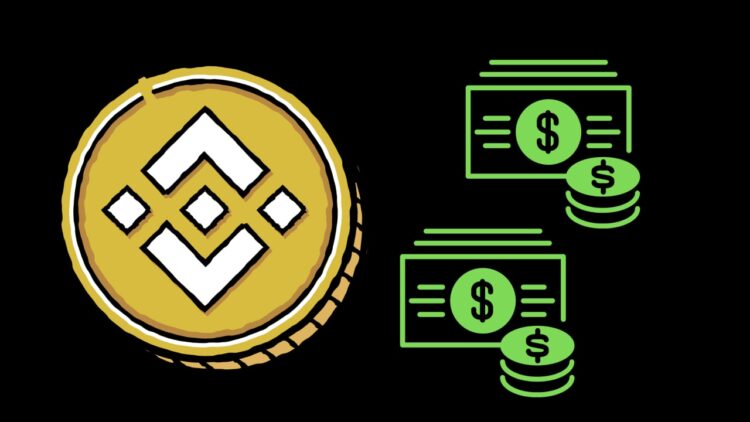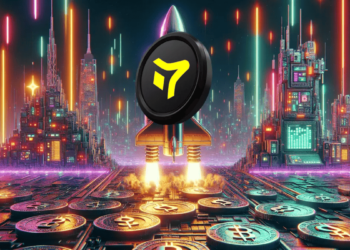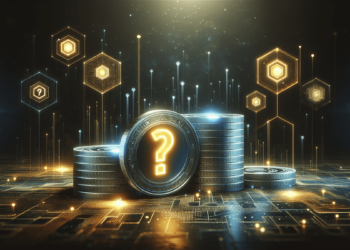On December 9, 2022, Mike Alfred mentioned that over 70% of Binance’s reserves are held in BNB, BUSD, and Tether. He concluded that a disaster is just around the corner.
More than 70% of Binance's reserves are in BNB, BUSD, and Tether. This is a literal disaster waiting to happen. What's going to light the match?
— Mike Alfred (@mikealfred) December 9, 2022
This tweet has drawn a lot of attention from both supporters and detractors. Mike Alfred served as the previous co-founder and Chief Executive Officer (CEO) of Bright Scope and Digital Assets Data, a company based in a crunch that offers data on mergers and acquisitions, news, industry trends, founding members, people in leadership positions, investment and funding information, and information about private and public companies.
Users and commenters have varying views on his assertion. Some are in favor of it, while others are vehemently opposed. Most people perceive Mike Alfred’s attempt to convey anxiety, uncertainty, and doubt in this piece as FUD. They stated that Binance is one of the biggest cryptocurrency exchanges in the world and that they have Proof of Reserves funds that cover all of their users’ assets by a factor of one (1:1) in addition to some additional reserves, all of which are intended to guarantee that customers’ funds are fully backed. Therefore, Binance reserves will display 100 percent BUSD if customers have BUSD.
Others commented that BUSD is a backed stablecoin and that there doesn’t seem to be any inherent risk there. Additionally, some people believe that BNB is a much more decentralized token than FTT and has a better economy and less corruption. Furthermore, as confirmed by Binance CEO Changpeng Zhao, “CZ,” the company had no outstanding loans. There won’t be a catastrophe waiting to happen as long as they match their clients’ holdings 1:1.
However, Mike Alfred’s tweet included a number of justifications. Some argued in favor, claiming, “Given the abundance of scam tokens on Binance Smart Chain and the availability of their liquidity in Binance, there won’t be actual sustainability for those scam tokens over the long term, which will result in a shortage of liquidity.”
It appears as though those Binance reserves were created out of thin air, much like the case of Do Kwon. Others commented that the issue is that, rather than Binance issuing BUSD, Paxos Trust Company (a financial institution and technology company that specializes in the blockchain) issues BUSD on the Ethereum blockchain, and that anything is bound to happen as a result.










